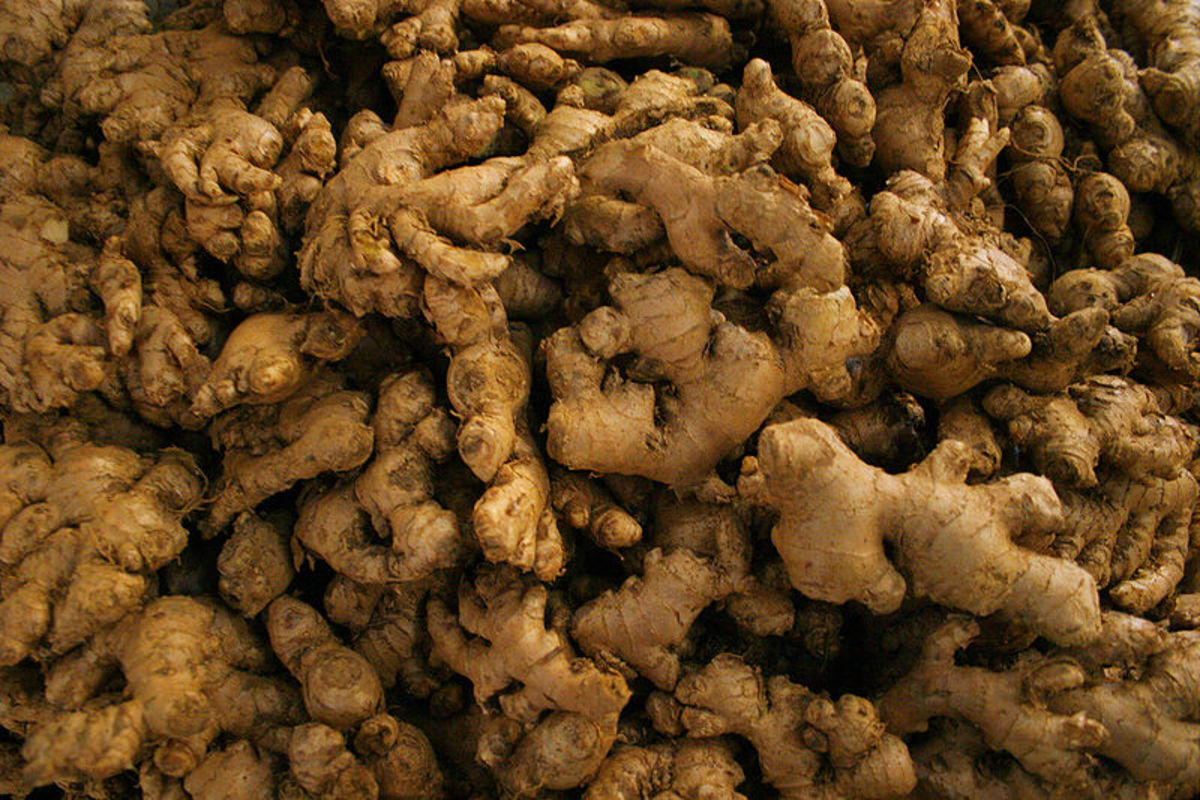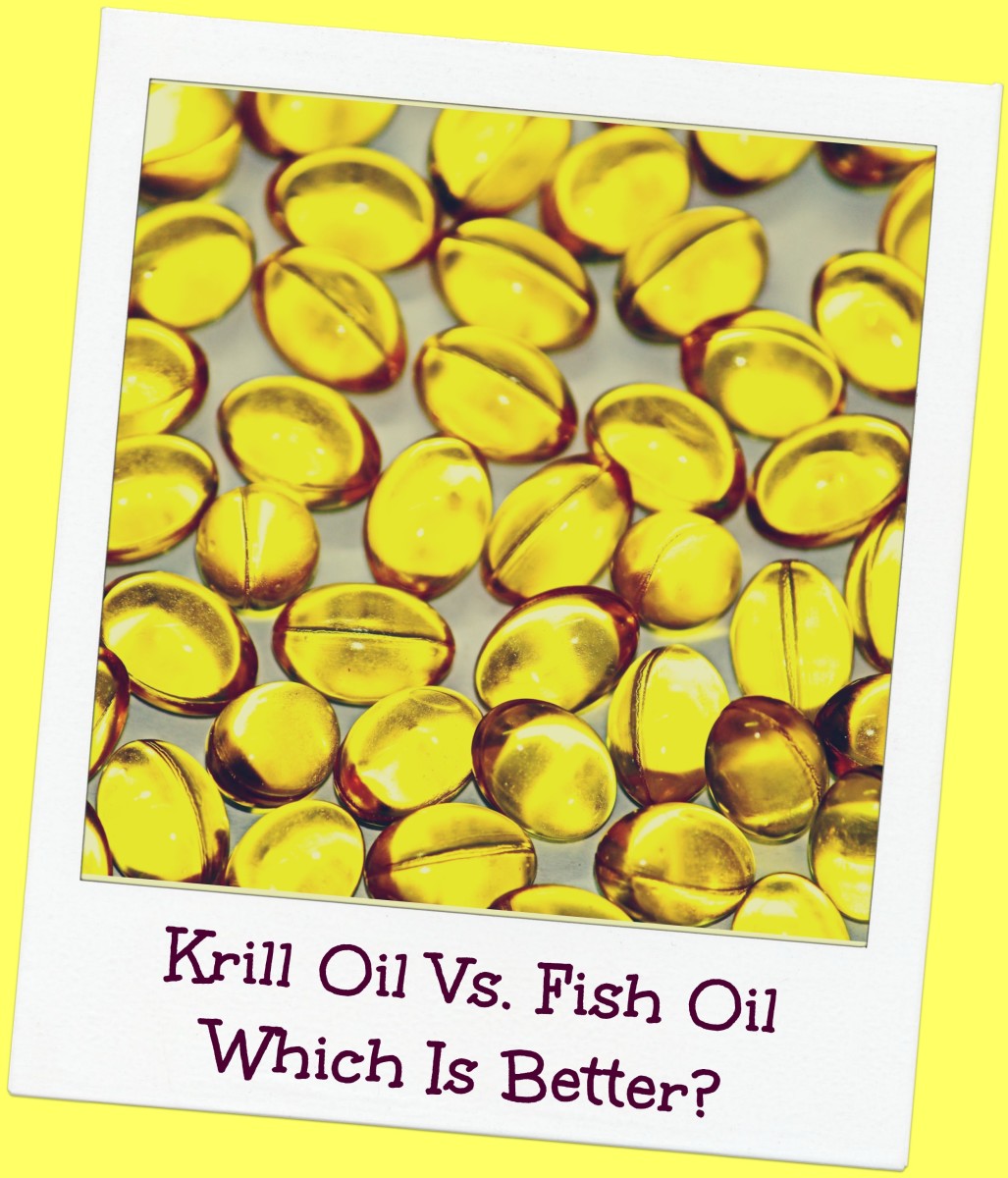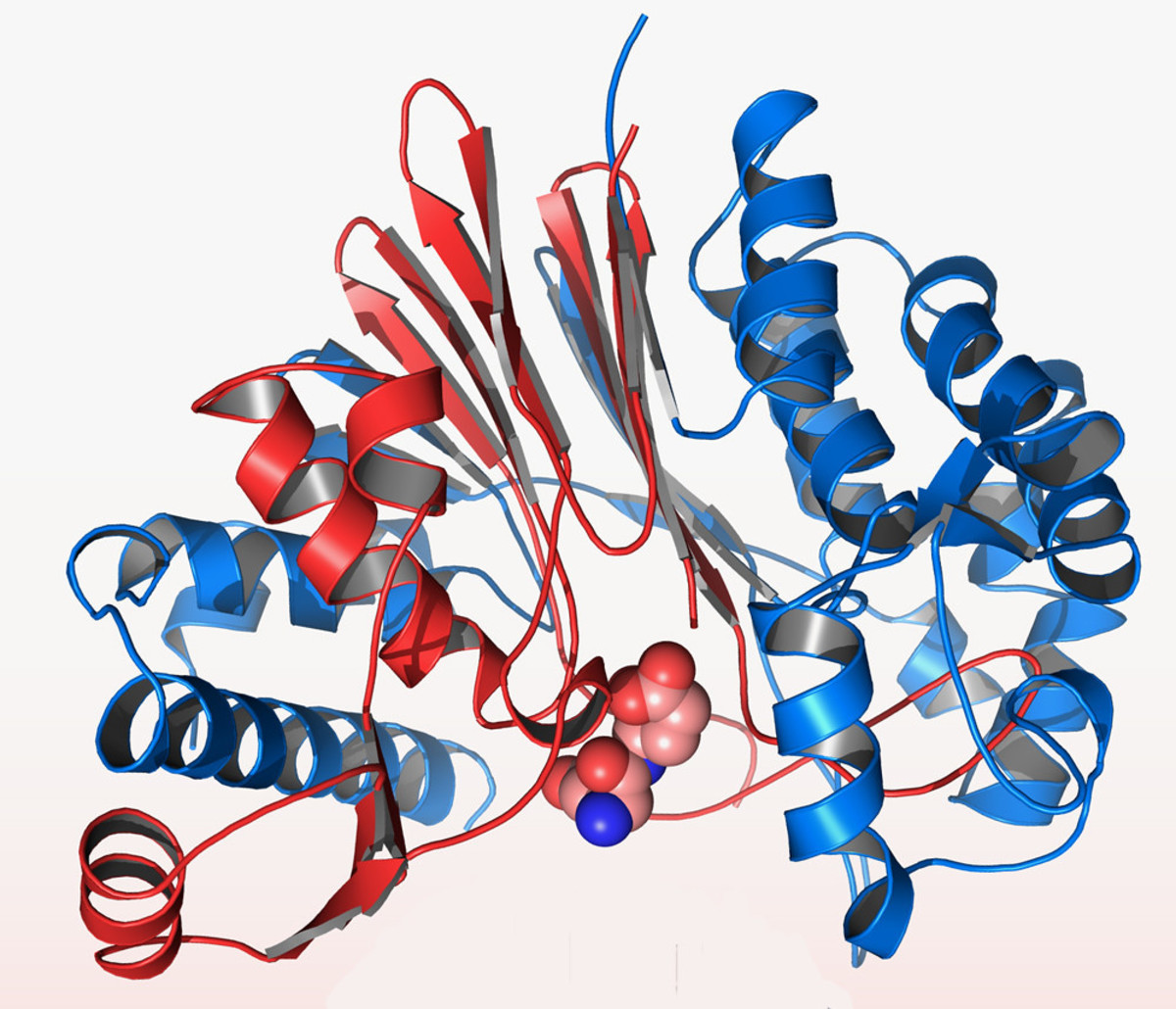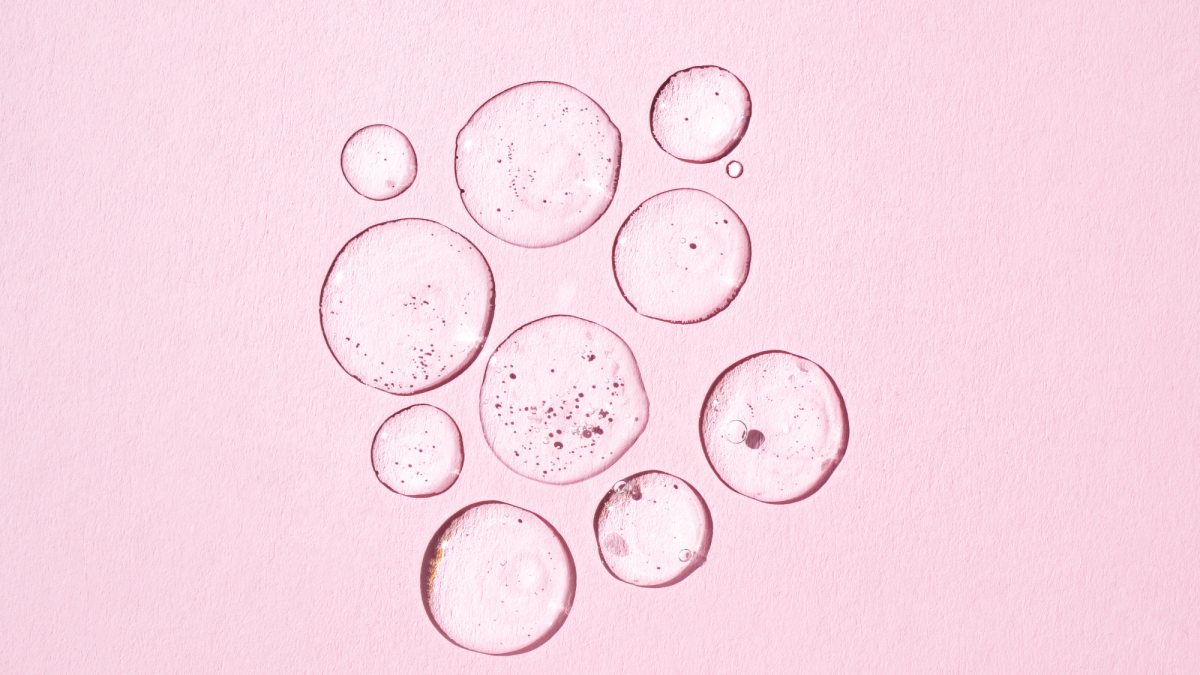Arginin for Better Performance

What is Arginin?
L-Arginine or simply arginine is a true all-rounder and involved in many important processes in the body. Arginine belongs to the amino acids. In general, amino acids can be divided into two groups: essential amino acids and non-essential amino acids. Essential means that the body is not able to form this substance from other substances around the body. Non-essential means that the body is able to produce this amino acid itself and can also absorb it from food. Arginine behaves as follows: The body can produce this amino acid itself, but only in small amounts. For this reason, the body is dependent on a certain amount of L-arginine being absorbed through food or a dietary supplement with arginine preparations.
In general, arginine performs many important functions in the body. Regardless of its effect on performance, the amino acid also helps keep your blood vessels clean. Arginine is also used to clean blood vessels in cases of calcification. Arginine helps to keep healthy blood vessels clean. Our all-rounder is also used in the treatment of tinnitus and hair loss. By improving the blood circulation of the capillary vessels (the smallest blood vessels in your body), arginine also helps with such diseases. In addition, arginine has been shown to lower high blood pressure and also contributes to strengthening the immune system. These are effects that are particularly noticeable in the long-term use of the amino acid, but later still.

How much Arginin do you need?
The normal requirement of an average adult is between 2 and 5 grams of arginine per day. This can be met by eating nuts, meat, fish, seeds and cereals. However, these values refer to a normal diet and normal physical activity. However, the daily arginine requirement is increased during intensive physical activity. This is mainly due to the fact that athletes also have an increased protein requirement due to high physical exertion. However, this protein requirement must be covered, since proteins are needed to maintain and build muscle mass. This is where our amino acid comes into play: L-Arginine plays a major role in protein metabolism.
The non-essential amino acid plays a major role in the formation of proteins. If there is an increased need for proteins, it is logical that there is also an increased need for arginine so that the body can process the absorbed protein meaningfully and above all effectively.
Get Arginin with the food you consume
Since arginine is a non-essential amino acid, it can also be ingested through food. However, we want to look at which foods are suitable for an increased arginine requirement. As already mentioned, foods such as nuts and meat, fish, seeds and cereals contain a good amount of arginine. Within the framework of a normal diet, a balanced combination of these foods is sufficient to keep the protein metabolism in the body running. However, if you need more arginine than normal, you would theoretically need to consume more of these foods to balance this need. There are also foods that contain a relatively good amount of L-arginine. This includes, for example, chicken meat. 100g of it contain approx. 1300 mg arginine. If you look at the normal requirement of 2 to 5g a day, this value does not seem bad at first. However, you have to bear in mind that you have to eat 300g chicken meat to get 3g arginine. This may be sufficient for normal physical activity. Athletes would have to eat more chicken meat to balance the increased need for arginine! Another example is peanuts. These are true arginine donors. 100g contain 3400mg arginine. Enough to cover the normal daily requirement. The catch: 100g peanuts contain 49g fat. And if you consider that more arginine is needed for intensive athletic stress, then you would have to eat more peanuts! So if you want to increase your arginine value and do this through food, it is inevitable that you also take much more calories to yourself. However, this will not be meaningful in the context of a sports nutrition. Especially in balanced nutrition plans that are adapted to your personal needs and performance, 100 or even 200g of peanuts a day rarely (or not at all) find room. In order to cover the arginine requirement, it is therefore not advisable to do this through food. Here I recommend you to fall back quite clearly on food supplements.
Arginin as supplements
The intake of arginine via supplements also has a further and very important advantage for you: unlike intake via food, this intake of arginine can significantly increase your performance. So you can not only give your body back what it has consumed, but also improve your performance. L-Arginine has already undergone a meaningful test. At the University of Exeter, arginine was tested on a group of healthy men in connection with exercise. This resulted in an amazing result: If arginine is used in the form of dietary supplements, a significant improvement in performance was observed. Especially in endurance there are enormous advantages. Arginine can improve the race times of top athletes by one to two percent. Doesn't that sound like much? But if you consider that in top-class sport in particular only fractions of a second are decisive for victory or defeat, then even one percent increase in performance is enormous and can help to win.
How to use Arginin as an athlete
What effects can you as an athlete use to increase your performance? As you already know, L-Arginine has many functions in the body. If you also take the amino acid as a dietary supplement, you use arginine effectively to increase your performance. The biggest part of the performance-enhancing effect is produced by increasing the nitrogen supply in the blood. The amino acid L-Arginine also causes blood vessels to expand. Thus it comes to a better blood circulation, which in turn has the effect that nutrients and oxygen can be transported better and faster to the muscle. Arginine helps you to supply your muscles better during the training and to transport nutrients and proteins for the build-up of the muscles where they are needed. All in all you can easily increase your endurance and muscle strength by taking arginine. In addition to the advantages for the muscle building, the strength increase and the performance increase, there is also an increase in fat burning. Is it even better at all?

Dosage for athletes
The dosage of arginine depends entirely on you. In general, you cannot name a value that always causes an increase in performance. This means that you should approach the right dose for you. However, you can first orient yourself on the following values: Athletes with a weight of less than 75 kilograms should start with a dose of 3g arginine before training. With a body weight of more than 75 kilograms you can start with 4g. You can increase this dose from workout to workout until you are satisfied with the effect.
The main advantage is that L-Arginine has no side effects. Also in the phase in which you fantasize about your individually needed amount you need not fear anything. Arginine does not cause any side effects even with overdoses. Arginine, which the body cannot utilize, is excreted in the urine. From 15g it can possibly come to discomfort in the stomach, but you will probably not reach this amount because the effect of arginine will be much sooner noticeable. Taking arginine as a supplement is therefore very safe and you can approach the amount you need to increase your performance with a clear conscience. Income from 8 to 10g arginine is not uncommon in competitive sports. So you don't have to be afraid to harm your body with it and you can enjoy the positive effects.
Arginine should be taken about half an hour before training. In total, the effect of arginine lasts between two and four hours. You should bear this in mind when working with this amino acid. You can find L-Arginine in capsule form or also in powder form. What you choose is entirely up to you. However, it is important that you take the food supplement best on an empty stomach, if possible. Moreover, and more importantly, arginine should be taken with a glass of fruit juice. Fructose helps to transport arginine faster and almost completely. Also, the taste of the fruit juice can help mask the bitter taste of arginine if you choose a product in powder form. On non-training days you should still take your 2 to 3g arginine right after getting up.
Long-term use helps to increase performance and well-being in general. In addition, there are no habituation effects when taken over a long period of time. The permanent use has therefore also no effect on the own production of arginine in the body. If you take arginine in the long term, other positive effects such as lowering cholesterol levels and strengthening the immune system are added to the increase in performance.
L-Arginine is available on an animal and plant basis. Which one decides here plays however no role, both have the same effect. Plant-based amino acids are particularly interesting for vegans.
This content is accurate and true to the best of the author’s knowledge and does not substitute for diagnosis, prognosis, treatment, prescription, and/or dietary advice from a licensed health professional. Drugs, supplements, and natural remedies may have dangerous side effects. If pregnant or nursing, consult with a qualified provider on an individual basis. Seek immediate help if you are experiencing a medical emergency.
© 2019 Jay Blue








